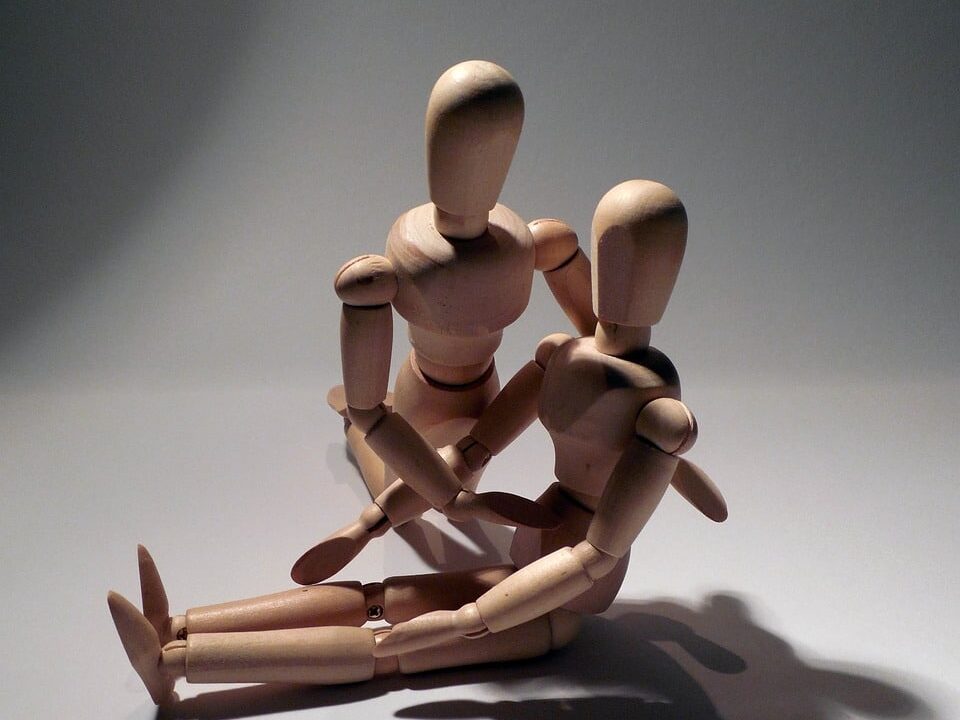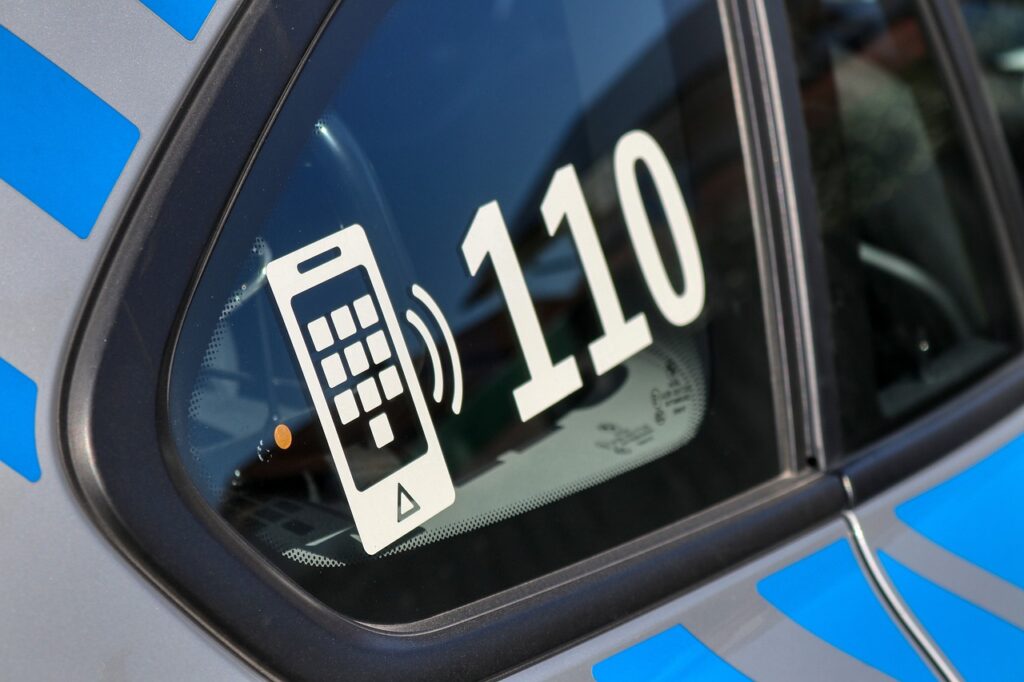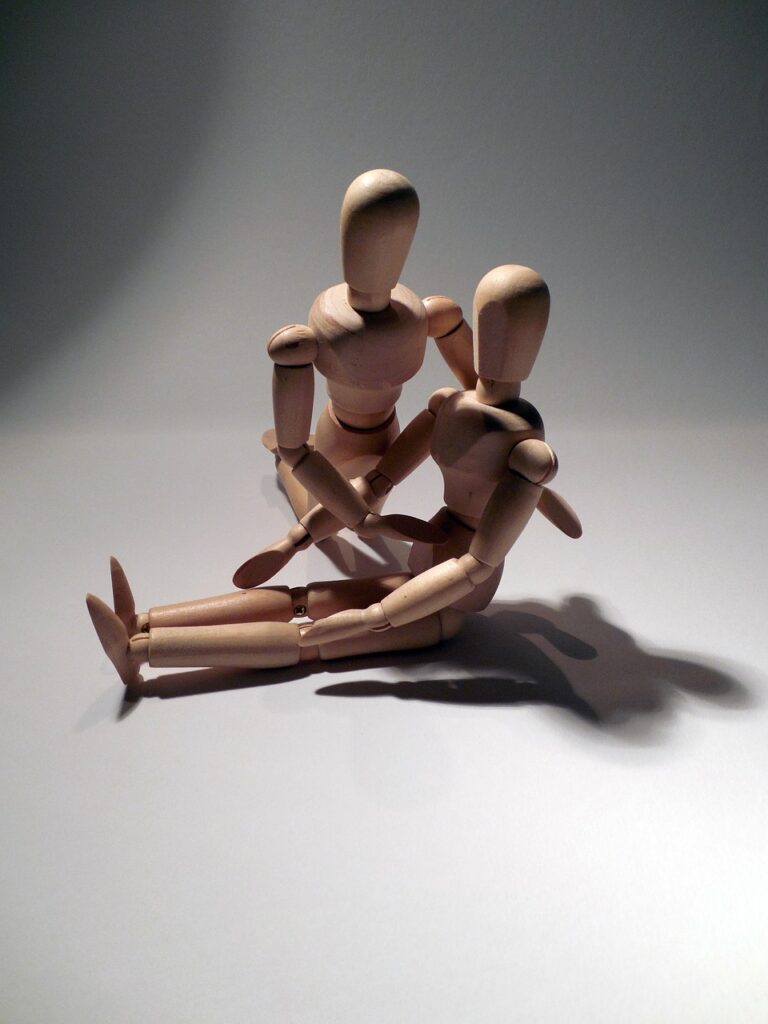In Japan 911 is reversed, remember 119
Published on
Share this article :

Walking down the street, staring at your phone. The pedestrian light turns red, you wait, it turns green, and you continue walking, still focused on your phone—then suddenly, you see an elderly lady sprawled out on the sidewalk…
This is what happened to Mathilde on an unusual January evening in 2025.
After the initial shock and hesitation, you help the person sit up to avoid leaving them face down on the ground, and then you call for help…
Calling for help, yes—but what number do you dial in Japan? It’s 119.
119
The emergency number for fires and medical emergencies in Japan is 119. You might remember it as the reverse of the famous American 911 to help you memorize it.
The first question you’ll be asked is “Kaji desu ka? Kyuukyuu desu ka?” (火事ですか?救急ですか?) meaning “Is it for a fire or a medical emergency?” This helps the operator determine which services to dispatch.
If you speak Japanese, answer the operator as calmly and clearly as possible. You will be asked to describe the situation, provide your location, and share your contact details. If you don’t know the exact address, try giving landmarks (supermarket, school, park, etc.).
For medical emergencies, after gathering your information, the operator will hang up. The paramedics will then call you back for more details about the situation. Again, describe as clearly as possible why you called emergency services.
When the ambulance arrives near your location, the driver will make loudspeaker announcements asking who called for an ambulance. Signal to them so they can find you.
Interpretation Services
Most urban areas offer phone interpretation services or have staff who speak languages other than Japanese for emergencies. You must clearly state at the beginning of the call that you need assistance in another language, for example, by saying “Help please.” If you speak some English, it’s likely the most recognized Western language.
The information requested remains the same, so while waiting for the ambulance—and if you’re not the one in need of care—you can prepare the necessary details in Japanese using a translation app to ease communication.
For the Police, Dial 110

In Japan, to contact the police, dial 110.
As with emergency calls, the first question will define the nature of the emergency: “Jiken desu ka? Jiko desu ka?” (事件ですか?事故ですか?) meaning “Is it for a crime or an accident?” In Japan, for any accident, you call the police. There’s no amicable report if you want to file an insurance claim.
How to Prepare
Unfortunately, accidents can’t be predicted—whether they involve you, someone you know, or a complete stranger. The best we can do is learn the proper procedures in the countries we visit.
When abroad, it’s always a good idea to carry a small emergency card with:
- Your address in the country
- Your contact information
- Your emergency contacts
You can also add a few useful phrases in Japanese that could help in an emergency.
- 助けてください Tasukete kudasai – Help please
- 救急車 Kyuukyuusha – Ambulance
- 怪我です Kega desu – I’m hurt
- 痛いです Itai desu – It hurts
- 気分が悪いです Kibun ga warui desu – I feel bad
References
- JNTO Visitor hotline
- Check out your country’s Embassy emergency recommendations
- Nippon.com Article on Emergency Numbers
- Our Article on Natural Disaster Preparedness
We hope this article has been informative. Remember, in case of an emergency in Japan, dial 119 and speak clearly and slowly in English if you don’t speak Japanese.
Follow us on social media :

